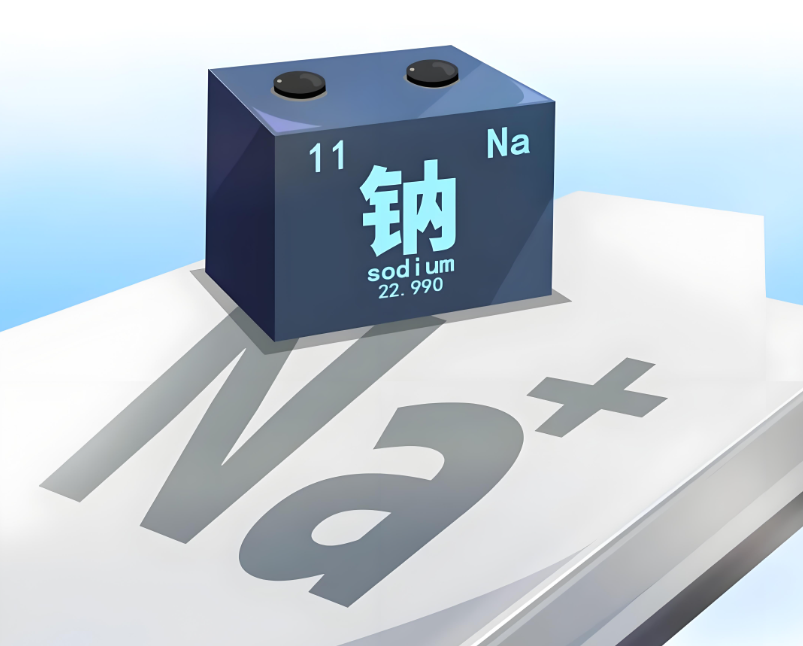SMM February 27 News:

Against the backdrop of a global search for renewable energy solutions, sodium-ion batteries are gradually becoming a focal point in the industry due to their abundant resources and cost potential. However, despite the broad market prospects, the sodium-ion battery industry still faces multiple challenges before achieving large-scale mass production.
Technical Bottlenecks Await Breakthroughs First, there are technical challenges. The energy density of sodium-ion batteries still needs improvement. Due to the larger atomic radius of sodium, the insertion and extraction process in electrode materials is more difficult, resulting in energy density generally lower than that of lithium-ion batteries. Although some companies have made improvements through hybrid technologies, it remains difficult to meet the demands of high-end applications.
Secondly, the cycle life of sodium-ion batteries requires further optimization. Large-scale applications such as power grid energy storage demand extremely high cycle life, but the current sodium-ion batteries on the market have yet to reach the ideal number of cycles. In addition, the production process of hard carbon anodes is still immature, with a yield rate far lower than that of lithium batteries, and technical challenges in the electrolyte field urgently need to be addressed, affecting the feasibility of large-scale production.
Cost Pressure and Market Perception Challenges From a cost perspective, although sodium resources are abundant, the industry chain is not yet mature, and material supply prices remain high, hindering the reduction of battery cell costs. While some sodium-ion battery production equipment can be compatible with existing lithium battery production lines, for new entrants, equipment investment remains a significant expense.
On the market side, sodium-ion batteries are still in the early stages of promotion. Consumers' trust in lithium batteries creates resistance in market recognition and acceptance of new products. Additionally, the development of application scenarios for sodium-ion batteries is insufficient, with most applications concentrated in energy storage and low-speed EVs. Expanding into more consumer electronics and automotive fields is urgently needed to achieve economies of scale.
Industry Chain and Standardization Construction Need Strengthening The underdeveloped industry chain also hinders the large-scale production of sodium-ion batteries. The synergy between upstream suppliers and downstream application providers is insufficient, and the supporting service system is not yet well-established. Furthermore, although relevant standards have been introduced, the industry still requires more comprehensive regulations and unified testing methods to promote product compatibility and interchangeability.
In summary, SMM believes that for sodium-ion batteries to achieve mass production on a large scale, continuous efforts are needed in technological R&D, cost control, market expansion, and industry chain collaboration. Only by overcoming these bottlenecks can their widespread application advance further.

SMM New Energy Research Team
Cong Wang 021-51666838
Rui Ma 021-51595780
Disheng Feng 021-51666714
Yanlin Lü 021-20707875
Yujun Liu 021-20707895



